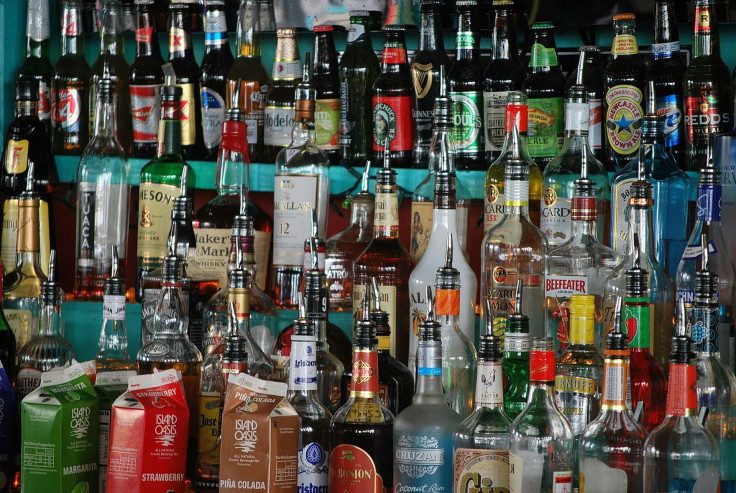Tighter Liquor License Policies In England Lead To Fewer Drink-Related Hospitalizations

One may hypothesize that placing tighter regulations on drugs or alcohol might backfire — as more people will want to break the law to get what they want (and ultimately over-drink or overdose). However, new research suggests otherwise. Published in the Journal of Epidemiology & Community Health, the study, led by researchers at the University of Bristol in the UK, found that more restrictive local alcohol licensing curbs resulted in a 2 percent decrease in yearly drink-related hospitalizations.
In addition to drink-related hospitalizations, drunken crimes cost the NHS in England over $11 billion every year, and over $7 billion in lost productivity. In addition to that, one-third of women and up to two-fifths of men in the UK drink way more than is recommended for weekly intake, while the rest of the population can be considered “regular drinkers.”
For the study, researchers reviewed liquor licenses in 326 local councils from 2007 and 2008 to 2011 and 2012. Council licensing policies can create designated cumulative impact zones (CIZ), which regulate the amount of new alcohol outlets in high-crime areas, or residential areas that are filled primarily with families and children.
Between 2007 and 2014, 63 councils began rolling out alcohol licensing policies, reducing the amount of new alcohol outlets in the neighborhoods. The researchers saw a direct link between this prevention and a lower number of drink-related hospitalizations from 2009 to 2015.
“These analyses contribute to the available evidence on the effectiveness of population level alcohol licensing policies specifically for England, and are the first to demonstrate that the intensity with which selected alcohol licensing policies are implemented and scrutinized is related to measurable reductions in alcohol attributable hospital admissions,” the authors wrote.
Because it’s an observational study, the researchers note further research will need to be done in order to ascertain that it’s cause and effect, and not simply correlation. Whether tighter regulations will work in the long-term to reduce drink-related hospitalizations and crime — as well as the overall expenditure for these things — will need to be further analyzed in future research.
Source: De Vocht F, Heron J, Angus C, Brennan A, Mooney J, Lock K. Measurable effects of local alcohol licensing policies on population health in England. Journal of Epidemiology & Community Health, 2015.
Published by Medicaldaily.com



























